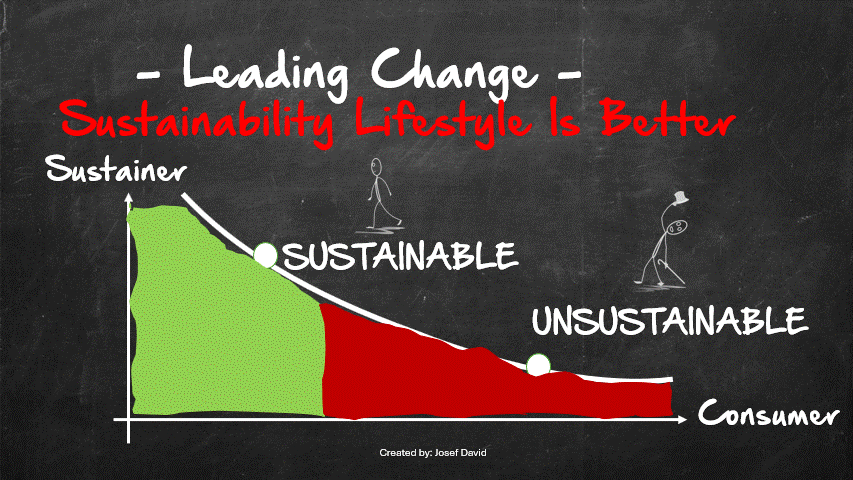Dates: September 22-28, 2025
Key Themes & Trends
- Rising Geopolitical Tensions in Eastern Europe
– Continued military posturing along the Russia-Ukraine border; both sides increasing troop readiness.
– Missile overflights and airspace incursions remain a concern.
– Western alliances (NATO, EU) are under pressure to coordinate responses, especially with potential economic sanctions and military aid. - Energy Security Under the Microscope
– European countries monitoring gas supply from Russia as winter approaches.
– Renewable energy rollout faces delays in some member states due to regulatory and logistical challenges.
– Cyber threats to energy infrastructure are increasingly reported; heightened risk of sabotage or ransomware in power grids. - Global Economic Headwinds
– Inflation remains sticky in many regions; central banks are likely to hold or slightly increase rates depending on inflation reports this week.
– Currency fluctuations persist, especially for emerging markets; those reliant on commodity exports are particularly vulnerable.
– Supply chain disruptions are focal: shipping bottlenecks in Asia, transport infrastructure issues in South America. - Climate / Environmental Stressors
– Unusual weather anomalies: extreme heat or storms in some parts of the world are exacerbating humanitarian pressures.
– Water scarcity and agricultural concerns growing in Mediterranean and African regions. - Technology & Cyber Risks
– Increased cyber‐espionage activity attributed to state-sponsored actors reported in Asia and Eastern Europe.
– Disinformation campaigns targeting political transitions are anticipated in multiple frontiers.
– Emerging tech governance (AI, quantum) continues to be an area of diplomatic friction and policy debate.
Event Watch — Week 39
| Date | Event | Why It Matters |
|---|---|---|
| Sept 22–23 | EU summit (Leaders Meeting) | Discussions expected on energy sanctions, Ukraine support, internal migration policy. Potential decisions will affect regional alliances. |
| Sept 23 | U.S. inflation / consumer sentiment data release | Will influence Fed decisions; global markets watch for any shifts. |
| Sept 24-25 | ASEAN + Dialogue Partners meetings | Focus on Southeast Asia’s strategic balance, especially in light of China’s moves in the South China Sea. |
| Sept 26 | New trade / tariff measures announced between major economies (tentative) | Possible escalation in trade tensions, especially between U.S., China, and EU. |
| Sept 27 | Cybersecurity roundtable in Eastern Europe | Discussion of the role of national cyber defences and collaboration with NATO. |
Forecasts / Risks to Monitor
- Possibility of a Russian escalation: Given ongoing troop movements and political signaling, there’s a moderate risk of limited military action (air incursions or localized skirmishes) in border areas.
- Energy supply shocks: If certain gas pipelines or port facilities are disrupted (whether by weather, sabotage or political decision), Europe’s winter energy stability could be at risk.
- Financial market volatility: With central banks watching inflation and growth, any unexpected data (e.g., inflation coming in higher than expected) could trigger sharp reactions in bonds, FX, equities.
- Cyber events could increase: especially aimed at critical infrastructure (energy, water, telecommunications) or political processes (voting, election logistics). Be alert for oversights in supply chain security.
- Natural hazard amplification: Storms, droughts, or flooding might disrupt food production or displace populations; particularly in Africa, South Asia, and parts of Latin America
🌍 GeoPulse® Weekly Preview — Europe
Week 39: September 22–28, 2025
🔑 Key European Flashpoints
- Ukraine–Russia Warfront
- Moscow is rotating fresh troops toward the eastern and southern axes.
- Kyiv seeks accelerated arms deliveries from NATO; debates over long-range strike permissions resurface.
- Risk level: High — renewed missile strikes on infrastructure expected.
- EU Energy Security
- Brussels debates extending emergency gas storage and subsidy schemes into 2026.
- Baltic states push for faster decoupling from Russian grid; Germany faces domestic opposition over rising energy bills.
- Risk level: Medium — supply secure short-term, but political fractures deepen.
- Balkan Stability Watch
- Tensions rise in northern Kosovo; EU mediation round scheduled mid-week.
- Serbia strengthens security cooperation with Russia, causing friction with Brussels.
- Risk level: Medium–High — flashpoint for wider EU-Russia contest.
- Migration & Border Pressures
- Mediterranean arrivals rise sharply; Italy, Greece, Spain call for urgent EU burden-sharing.
- Hungary, Poland resist binding quotas; debate risks derailing wider EU solidarity.
- Risk level: Medium — humanitarian pressure + political polarization.
- Cyber & Hybrid Threats
- Reports of coordinated cyber intrusions into European energy and financial systems.
- Disinformation campaigns expected ahead of major elections (Austria, Poland, Netherlands).
- Risk level: High — potential to undermine trust in democratic institutions.
📅 Event Watch — Europe (Week 39)
| Date | Event | Why It Matters |
|---|---|---|
| Sept 22–23 | Informal EU Leaders Meeting, Brussels | Debate over Ukraine aid, energy sanctions, migration crisis. |
| Sept 24 | Germany: Bundesbank outlook | Signals on eurozone inflation and monetary stance. |
| Sept 25 | OSCE meeting on Balkan tensions | Opportunity for dialogue, but outcome uncertain. |
| Sept 26 | EU Parliament cyber-resilience vote | Sets new legal framework for critical infrastructure defence. |
| Sept 27–28 | Polish opposition rallies ahead of October vote | Domestic polarization with EU implications. |
⚠️ GeoPulse Risk Barometer — Europe Week 39
- Military escalation (Ukraine) → 70% likelihood localized intensification.
- Energy disruption (pipeline/cyber) → 45% likelihood, winter vulnerability rising.
- Political fragmentation (EU migration/aid) → 60% likelihood, weakening EU cohesion.
- Cyberattack on critical EU infrastructure → 55% likelihood, ongoing probes detected.
📊 Strategic Insight
Europe enters Week 39 under triple pressure:
- External warfront (Ukraine),
- Internal political fragmentation (migration, energy),
- Hybrid threats (cyber + disinfo).
Leadership test: Can Brussels maintain unity while absorbing simultaneous shocks?





